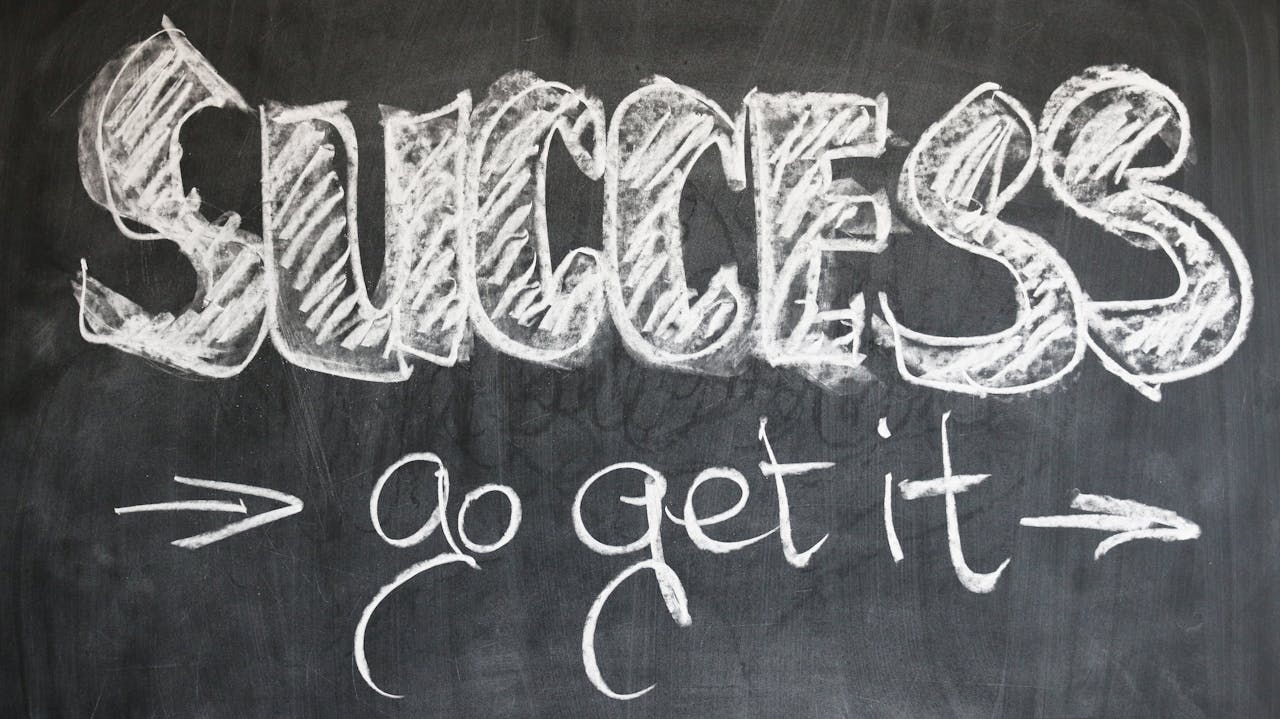Stop Blaming Yourself: Why Willpower Isn’t Enough to Achieve Your Goals
The Science of Habit Change: How to Overcome Your Brain’s Autopilot and Achieve Lasting Success
Do you ever feel like you’re constantly setting goals, only to fall short a few weeks later? You start with the best intentions, full of motivation and determination, but somehow, life always seems to get in the way. You blame yourself, labeling it as laziness or lack of willpower. But what if the real culprit isn’t your character, but your brain’s hardwiring?
The Autopilot Brain: Understanding the Habit Loop
Our brains are wired to conserve energy and automate routine tasks. This is incredibly helpful for everyday functions like brushing your teeth or driving to work, but it can also sabotage our efforts to create new, positive habits.
The habit loop, a three-part process consisting of a cue, a routine, and a reward, is at the core of this autopilot behavior. When a cue triggers a familiar routine, your brain goes into autopilot mode, performing the action without much conscious thought. Subsequently, the reward reinforces the behavior, making it more likely to occur again in the future.
The Willpower Myth: Why Motivation Isn’t Enough
We often believe that willpower is the key to overcoming bad habits and achieving our goals. However, willpower is a finite resource that can be easily depleted by stress, fatigue, and other factors. Relying solely on willpower is like trying to climb a mountain with a leaky backpack – you might make some progress, but eventually, you’ll run out of steam.
Breaking Free from Autopilot: 3 Strategies for Lasting Change
- Identify Your Triggers: The first step to breaking a bad habit or creating a new one is to identify the cues that trigger the behavior. What situations, emotions, or people tend to lead you to engage in the unwanted habit? Once you’re aware of your triggers, you can start to create new routines that lead to healthier choices.
- Design Your Environment: Your environment plays a powerful role in shaping your habits. Make it easier to engage in desired behaviors by removing temptations and creating cues that prompt positive actions. For instance, if your goal is to exercise more, lay out your workout clothes the night before or keep your gym bag by the door.
- Reward Yourself: Positive reinforcement is a powerful motivator. When you successfully complete a desired behavior, reward yourself with something you enjoy. This helps your brain associate the new habit with pleasure, making it more likely to stick. Remember, rewards don’t have to be food-related. Consider treating yourself to a massage, a relaxing bath, or a new book.
Beyond Willpower: The Role of Mindfulness and Self-Compassion
While creating systems and strategies is crucial, cultivating mindfulness and self-compassion is equally important. Mindfulness helps you become more aware of your thoughts, feelings, and behaviors, allowing you to make conscious choices rather than reacting on autopilot. Meanwhile, self-compassion allows you to forgive yourself for slip-ups and setbacks, preventing you from falling into a cycle of guilt and shame.
Remember: Building new habits takes time and effort. Be patient with yourself, celebrate your progress, and don’t be afraid to seek support from friends, family, or a professional coach. By understanding the science of habit formation and embracing a holistic approach to change, you can break free from autopilot and achieve your goals, one small step at a time.
